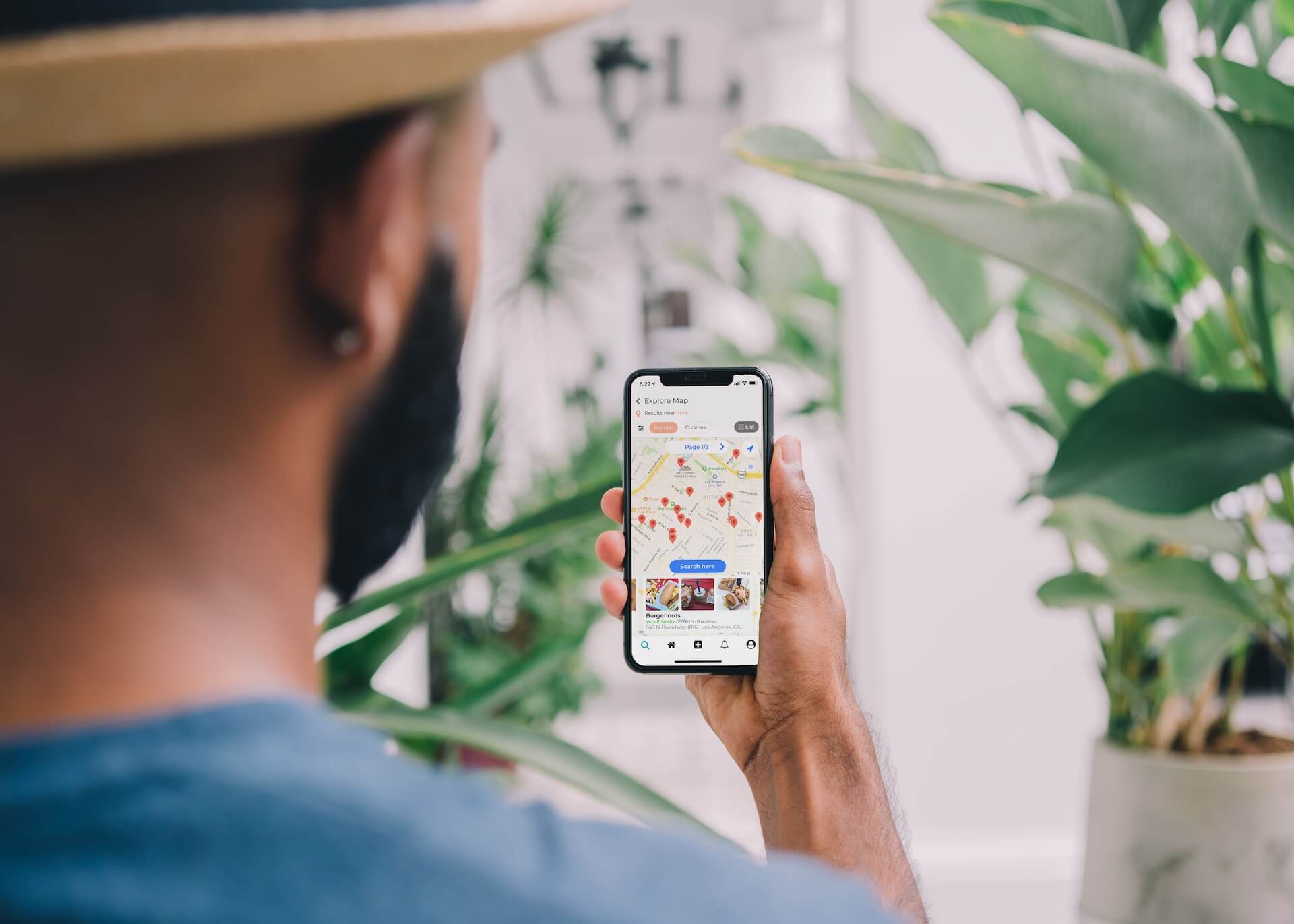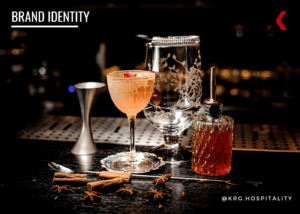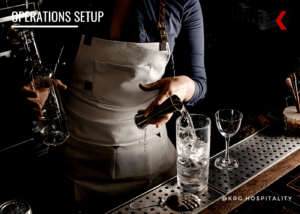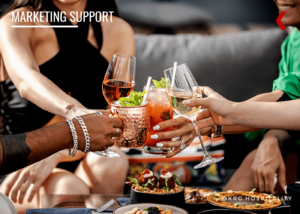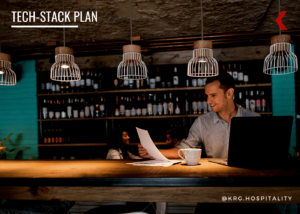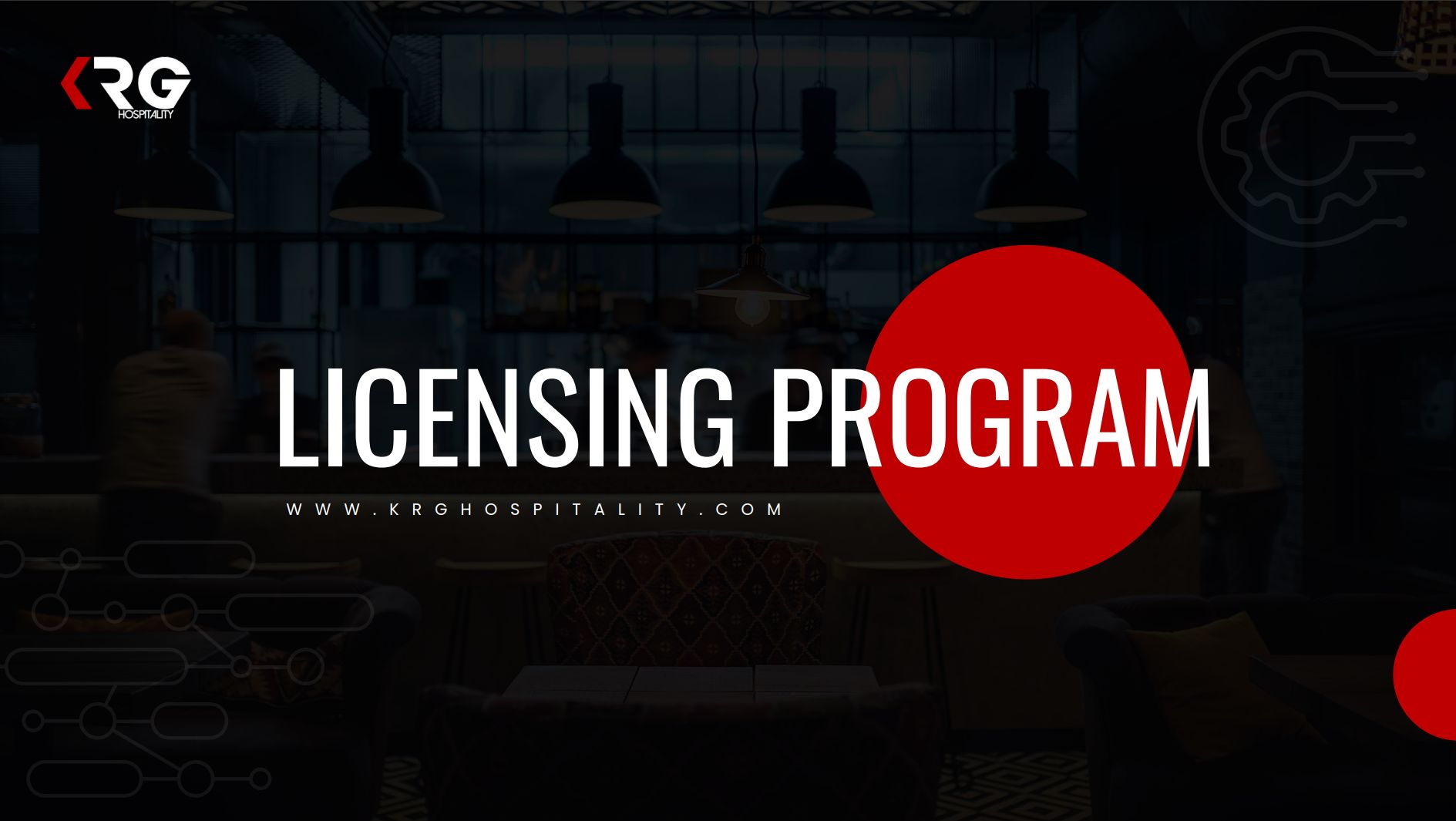Rémy Martin XO Night: A New Nightlife Tradition
by David Klemt
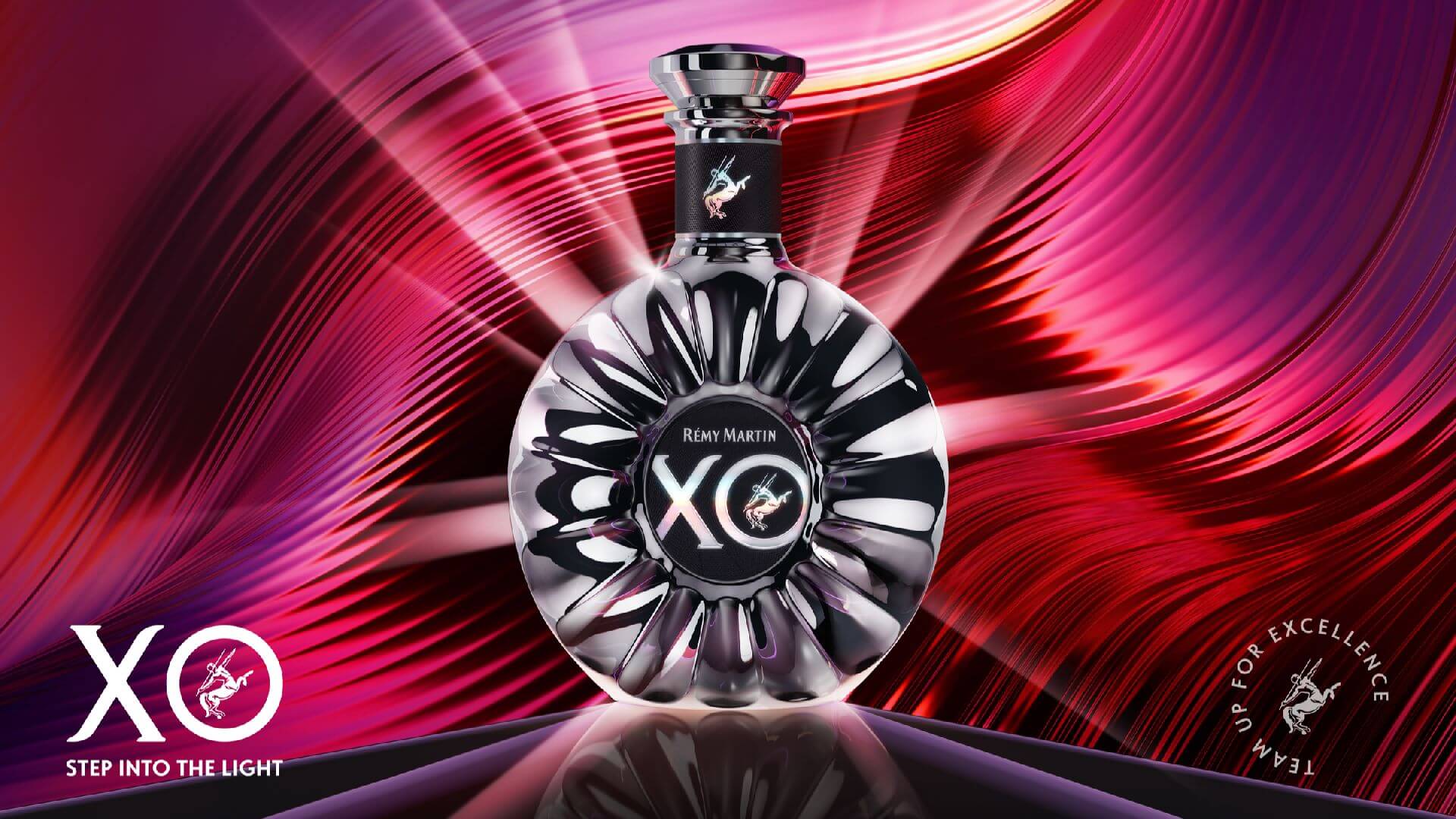
A brand-new release from Rémy Martin seeks to not only solidify itself as a new way to start a night out but also prove Cognac isn’t an old-fashioned drink.
XO Night, the newest member of the Rémy Martin family, is dressed for a night out at the club. Just take a look at the decanter: black, mirrored, and adorned with holographic enhancements.
This is a bottle of Cognac meant to grab attention. There’s no denying that XO Night will stand out on a nightclub back bar. And as far as bottle service…it’s perfect for an over-the-top Las Vegas nightclub-style delivery.
In other words, this isn’t your great-grandfather’s Cognac.
Obviously, the House of Rémy Martin is aiming to alter the perception of Cognac with XO Night. Aesthetically, the bottle is clearly a departure from tradition. Further, by targeting nightlife specifically, Rémy Martin is signaling their interest in courting younger, legal-drinking-age consumers.
Cheekily, Rémy Martin seems willing to set aside tradition to appeal to the nightclub crowd. In fact, the storied Cognac house is taking a shot at changing the way people view Cognac and nightcaps. Rather than a sip intended to signal the end of the evening, Rémy Martin hopes people will choose to begin their night out with XO Night.
In terms of tasting notes, XO Night is XO, but dressed to show out at the club. Expect fruity and floral notes on the nose, and candied orange, spices, ripe plum, and roasted cocoa beans on the palate. The finish is classic XO: smooth, full-bodied, and long.
Personally, I think it’s great to see a Cognac house with nearly three centuries of history thinking about their portfolio differently. Keep an eye out for XO Night activations throughout 2024.
RÉMY MARTIN UNVEILS XO NIGHT, A NEW MEMBER OF THE XO FAMILY
Rémy Martin Reinvents Night-time Celebrations with XO Night Uncapped
NEW YORK, April 9, 2024—The House of Rémy Martin, announces the launch of XO Night, a new addition to the Rémy Martin portfolio that lives at the epicenter of night-time celebrations. Radiant, luxurious, and full of life, XO Night is the ultimate cognac of choice for those seeking a new opulent attitude to nightlife.
With Rémy Martin XO Night, the notion of a night uncapped takes on a whole new meaning. Unlike the traditional nightcap which signals the end of the evening, a night uncapped with XO Night signifies the night is just beginning. It’s an invitation to embrace the vibrant energy of the night, to savor every moment, and to revel in the possibilities that lie ahead. Whether enjoying XO Night at a high-end club, a lively rooftop bar, or a chic lounge, each sip of XO Night ignites the senses and sets the stage for unforgettable experiences.
“At Rémy Martin, we’re thrilled to unveil our latest venture into the dynamic world of nightlife. With XO Night, we aim to redefine the traditional nightcap and show how a night uncapped with Rémy Martin has endless possibilities,” says Nicolas Beckers, Chief Executive Officer, Rémy Cointreau Americas. “Through innovative rituals and immersive experiences, we’re engaging our consumers in unforgettable ways, inviting them to unlock new ways to enjoy the night.”
THE LOOK
Rémy Martin XO Night dials up the party in a mirrored black decanter. Its signature solarised shape radiates light from every angle. Holographic flashes and UV details ignite it further, with a minimalistic design that pumps up the XO stamp and catches the Rémy Martin Centaur in action.
THE EXPERIENCE
Rémy Martin will bring XO Night to life with activations throughout the year in key markets across the United States, including New York, Los Angeles, Las Vegas, Atlanta, and Miami. These cities are renowned for their dynamic nightlife scenes, making them the perfect backdrop to unveil XO Night and introduce consumers to a night uncapped.
THE RÉMY MARTIN XO FAMILY
New Rémy Martin XO Night joins Rémy Martin XO classic as a choreographer of celebration. Rémy Martin XO Cognac Fine Champagne is now dressed in two styles, giving you different ways to illuminate every occasion, day or night.
- Rémy Martin XO Night. The new icon of night-time celebrations. Opulent, edgy and vibrant, XO Night is the go-to cognac for high end clubbing, friends and fun. This is XO dressed for the party.
- Rémy Martin XO. Rémy Martin XO was launched in 1981 by our Cellar Master André Giraud. It was the first XO composed of eaux-de-vie coming exclusively from Grande Champagne and Petite Champagne, thus the first Cognac Fine Champagne XO.
THE CRAFT
Rémy Martin XO Night captures the creativity of generations. This Cognac Fine Champagne* is a testimony to the magic of assemblage. A rich and unique fusion of eaux-de-vie, the cognac reflects the Maison’s mastery of blending from Cellar Master to Cellar Master. The eaux-de-vie originates from the two prized central crus of the Cognac region, with at least 50% coming from Grande Champagne and the remainder from Petite Champagne. These are extra old, aged for at least 10 years.
TASTING NOTES
Rémy Martin XO boasts a fiery mahogany hue with opal tones, offering a smooth, full-bodied experience. It entices with a powerful yet subtle aroma, featuring fruity notes like plums and dried figs, complemented by hints of honey and floral fragrances. The taste is an astonishing generosity of flavors, from fresh passion fruit enhanced by deeper notes of ripe autumn fruits (mature fig and candied orange) to spicy notes with a hint of nutmeg and freshly ground hazelnuts. The aromas of XO unfurl gradually throughout the tasting, finishing with gourmet notes of roasted cocoa beans, honey, and gingerbread.
For more information, please see HERE and follow along on social media at:
Instagram @RemyMartinUS | Twitter @RemyMartinUS | Facebook RemyMartinUSA
#RemyXONight #XONightUncapped
ABOUT RÉMY MARTIN XO NIGHT
Vibrant, opulent and radiant, this exceptionally abundant, aromatic cognac is expertly blended from a multitude of eaux-de-vie from Grande Champagne and Petite Champagne, aged for at least 10 years. Rémy Martin XO Night is dressed for the evening, at the center of night-time celebrations, lighting up the party, the club and the fun.
ABOUT RÉMY MARTIN
Since 1724, the House of Rémy Martin has produced premium spirits that consistently appeal to the world’s most discerning connoisseurs. A profound love of the land, a continuity of family ownership and a passionate commitment to excellence has sustained Rémy Martin for nearly three centuries. As a result of its masterful production and generations of tradition in Cognac, Rémy Martin today produces Cognacs Fine Champagne, including Rémy Martin® XO Night, Rémy Martin® XO, Rémy Martin Tercet®, Rémy Martin 1738 Accord Royal® Rémy Martin CLUB® and Rémy Martin® V.S.O.P. For more information visit www.RemyMartin.com
*The appellation “Cognac Fine Champagne” is an AOC (“Appellation d’Origine Controlée” / Controlled Designation of Origin) and defines a blend of eaux-de-vie sourced in Grande Champagne and Petite Champagne, with at least 50% Grande Champagne.
Disclaimer: Neither the author nor KRG Hospitality received compensation, monetary or otherwise, in exchange for this post.
Image: Rémy Martin


